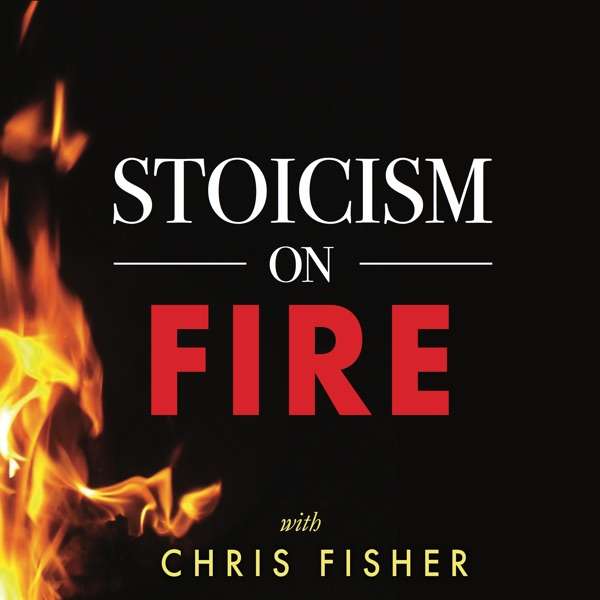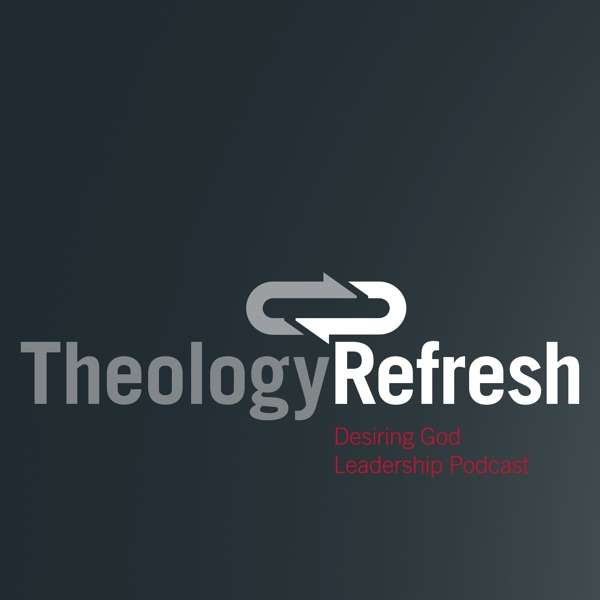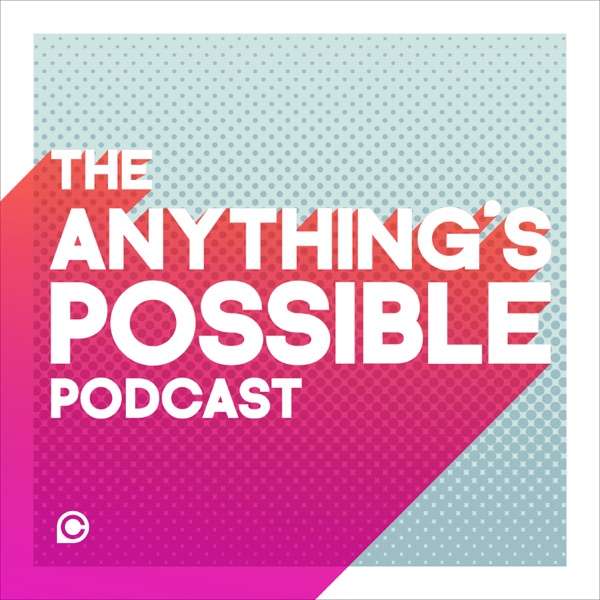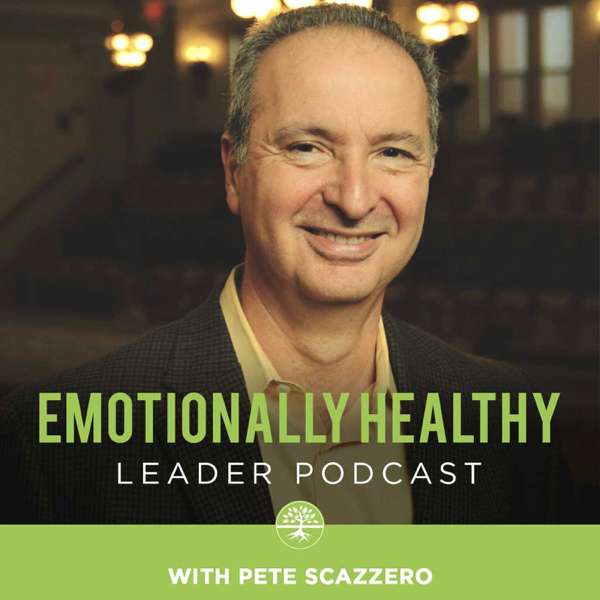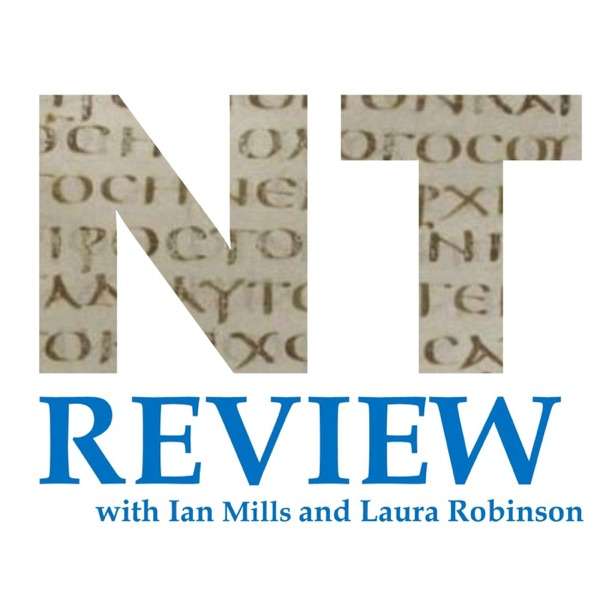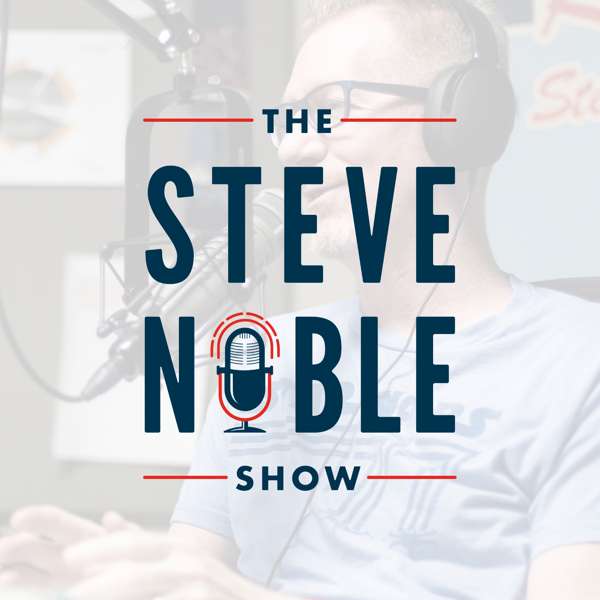Did you know that Evangelical Christian Haitians lynched other Haitians who never succumbed to the white man’s God and remained practicing Afro-Indigenous religions after the Trans-Atlantic Slave Trade, blaming them for both the earthquake and massive cholera outbreak in 2010? And Rastafarians are being persecuted on the continent because of the texture of their hair and the fact that they inhale a plant God made? Dr. Danielle Boaz gave us the REAL.
Father Abraham had MANY sons, okay???
Full show notes here:
ORDER THE BOOK OF JUJU HERE
Connect with Juju on IG: @itsjujubae / @ alittlejujupodcast Twitter/Tiktok: @ itsjujubae
Jujubae.com
Support A Little Juju Podcast + Juju’s work, here on Patreon! patreon.com/jujubae
Write in your letters to Juju: DEARJUJU@YAHOO.COM
Danielle N. Boaz is an Associate Professor of Africana Studies at the University of North Carolina at Charlotte, where she offers courses on human rights, social justice, and the law. Dr. Boaz is the author of Banning Black Gods: Law and Religions of the African Diaspora and Voodoo: The History of a Racial Slur. She has a Ph.D. in history with a specialization in Africa and the African Diaspora; a J.D. with a concentration in International Law; and a LL.M. in Intercultural Human Rights. She is Co-Editor-in-Chief of the Journal of Africana Religions. Boaz's research focuses on the intersection of racism and religious intolerance, with an emphasis on discrimination and violence against devotees of African diaspora religions.
Her website, www.religiousracism.org, tracks cases of discrimination and violence against religious communities in North America and Brazil. Dr. Boaz is Co-Editor-in-Chief of the Journal of Africana Religions. From 2023-2024, Dr. Boaz is a public fellow with the Public Religion Research Institute.
PURCHASE Banning Black Gods: Law and Religions of the African Diaspora by Dr. Danielle Boaz
“Banning Black Gods is well worth reading for anyone interested in religion and law, Africana religions, religion and race, and many other fields. Boaz’s broad scope and bold insight combine to make a cogent case for religious racism as a framework for understanding the legal challenges faced by practitioners of African diaspora religions transnationally.”
― Dr. Alexandria Griffin, Assistant Professor of Religion at NCF. MA in Women’s Studies in Religion, a PhD in Religious Studies. Author of Reading Religion
“Banning Black Gods is an original and venturesome text, testing just how far the concept of religious freedom might be extended. In these troubling times, this book will become an indispensable guide to help us understand the socio-legal realities for adherents of African-derived religions and the grounds on which legal protections are either offered or denied. Written in an accessible style, this book analyzes the legal and social landscape in many countries.”
―Kathleen M. Moore, Director of Legal Humanities Initiative, Associate Dean of Humanities and Fine Arts, Professor of Religious Studies at UC Santa Barbara. Author of The Unfamiliar Abode: Islamic Law in the United States and Britain
“A comprehensive and timely work that adds an unprecedented amount of evidence for the persistence of ‘religious racism’ against African-identified religions today. Boaz’s monograph is incredibly well-researched and should become a cornerstone of syllabi dealing with Africana religions.”
―J. Brent Crosson, Assistant Professor of Religious Studies, UT Austin
PURCHASE Voodoo: The History of a Racial Slur by Danielle N. Boaz - Oxford University Press
"Painstakingly researched, Danielle Boaz's analysis shows that the denigration of African religions has always had an overarching purpose of denying Black people's humanity and of justifying colonial enterprise, enslavement, and white supremacy. This book is essential reading." -- Patrick Bellegarde-Smith, Editor of Fragments of Bone: Neo-African Religions in a New World
"Bold and evidence-driven, Voodoo: The History of a Racial Slur exposes the disturbing truth that 'religious racism' levied upon custodians of African heritage religions is the only type of racism that most people still find permissible and even necessary in the twenty-first century. In this long overdue volume, Boaz provokes readers to investigate why and demolishes all rationalizations of the past." -- Dianne M. Stewart, Samuel Candler Dobbs Professor of Religion and African American Studies, Emory University
Learn more about Dr. Boaz HERE: https://pages.charlotte.edu/danielle-boaz/
Learn more about Jaliessa Sipress: https://www.instagram.com/jaliessasipress
CREDITS
Executive Producer - Kenya Denise @kenya_digg_it from Domino Sound @dominosoundco
Co-Executive Producer, Creative Producer, Sound Editor & Designer - Kobe Guilford @alookthroughmylense
Senior Producer - Juju Bae @itsjujubae
Associate Producer, Archival Producer, Social Producer - Oreoluwa Akinyode @beyondthisvessel
with production assistance from Alexandra Di Palma @lsdipalma from Domino Sound @dominosoundco
Financial Executive Producer - Ebony Janice @ebonyjanice
“a little juju” (REMIX) - Juju Bae & THE DARKER SISTA
“No Daddy” - Teairra Marí
“Father Abraham Had Many Sons | Dance-A-Long with Lyrics | Kids Worship” - CJ and Friends
You Are Welcome Here and There Film Crowdfund: https://gofund.me/148c5f14
This is a feature-length experimental documentary film following one spiritual family's journey to Nigeria as they recover the history and destiny that colonialism tried to erase. You Are Welcome Here and There is a moving ritual that travels through spirit realms and dimensions, illuminating the renaissance of Black Queer Peoples' return to African Traditional Religions.
Fair Use Notice:
This podcast may contain excerpts from news clips and music that are used for purposes of commentary, criticism, reporting, and education, which are protected under the principles of fair use as defined in Section 107 of the Copyright Act.
The use of such materials is intended to enhance the understanding and discussion of important topics within the context of the podcast.
We acknowledge the original creators and owners of the copyrighted materials and do not claim any ownership over them.
Listeners are encouraged to seek out the original sources for the full context and to support the artists and journalists whose work is featured in this podcast.
If you believe that your copyright-protected work has been used in a way that constitutes copyright infringement, please contact us, and we will promptly address any concerns.
Learn more about your ad choices. Visit megaphone.fm/adchoices

 Our TOPPODCAST Picks
Our TOPPODCAST Picks  Stay Connected
Stay Connected


